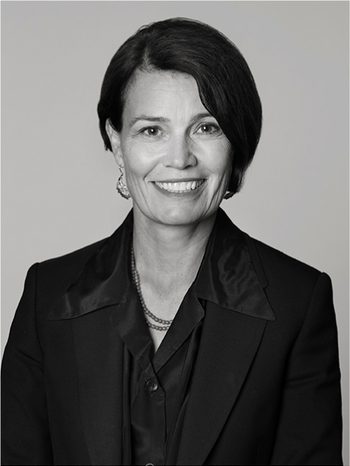Ragnar Sandberg
At the café
Signed R.S. Canvas 61 x 76 cm.
More information
In his painting, Ragnar Sandberg seeks to make the unexpected possible, he wants to achieve a disorder of the senses. Color is his medium - he paints darkness with light colors and turns common color conventions upside down.
It was not at all obvious that Sandberg would become an artist. He had studied at an academy and had also spent some time at sea. Even at a very young age he was very interested in literature and philosophy, and somewhere in there was also the dream of becoming a writer. RS arrived at Valand Art School in the early 1920s and studied there for a few years without making much of an impression. However, it was noted at a student exhibition in 1925 that Sandberg was the only one who “dared to paint in light and color”. According to Tor Bjurström, who was teaching at the school at the time, Sandberg had a very great talent as a draughtsman but also noted that “he did not see Ragnar Sandberg as a future painter”. After his art studies, Ragnar Sandberg spent time reading and studying literature and philosophy at home. In the summer of 1929, RS coincidentally met fellow student Ivan Ivarson, who rented a house on Stenungsön for a few summer months. Sandberg was infected by his friend's zeal for work. He was inspired and impressed by what he saw that Ivan Ivarson had learned and developed during his extensive trip abroad and his stay with the artist couple Kylberg. Ivarson's absolute sense that color can express something unique became a spur for Sandberg to take up painting again.
In the early 1930s, Sandberg moved to Gothenburg to try to pursue a career as an artist. These were depression years, but he nevertheless found his feet and depicted his surroundings in both text and images with fresh eyes. The sounds, lights and vehicles of the city became a source of inspiration, but the city's animals also captured the artist's interest. Eventually, he also included people in his imagery - mainly as staffage figures passing by in the crowded streets - they only became central motifs in the artist's later work. He found other sources of inspiration in continental painting, some works he could of course study in the Art Museum's collections, but he was also a frequent visitor to the Röhsska Museum's library, which always had a huge selection of current art magazines, newly written pamphlets and contemporary art literature, so it was easy for him to keep up to date despite his geographical location. He was particularly attracted to the work of French artists Pierre Bonnard and Fernand Léger, and was also a great admirer of Spanish artists Francesco Borès and Joan Miró.
In the present composition, Sandberg depicts a café interior with three figures engaged in a lively conversation.






































